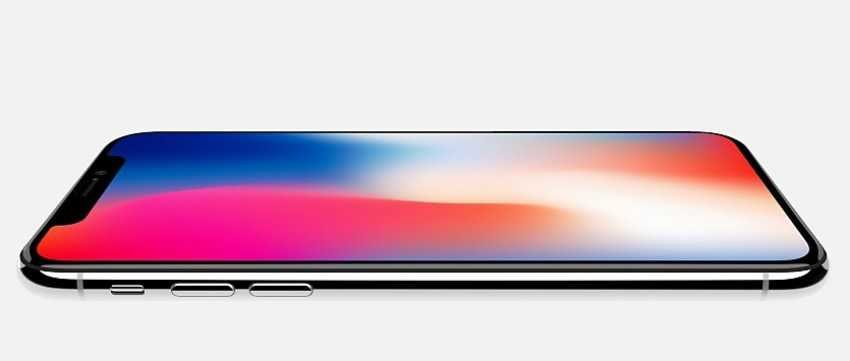The iPhone X is currently considered to be the best one released by Apple and is supposed to deliver top-of-the-range performance against other mobile devices.
But it is known that unlike its rivals, such as Samsung, Apple does not significantly change the iPhone's hardware from one generation to the next, but gives more caution to software optimizations that allow the device to perform certain tasks faster than previous models.
This is why the iPhone X features Apple's A11 Bionic chip combined with only 3 GB RAM, while Samsung's Galaxy Note 8 is powered by the Exynos 8895 octa-core processor or the Qualcomm Snapdragon 835 processor, with 6GB RAM, that is the dual RAM that uses the iPhone.
Apple once again claims to have invested more in the development of the iPhone X software, expecting daytime performance to be the same as that offered by company opponents with continued upgrades to hardware.
And yet, as it turns out, this time Apple stayed behind a test conducted by YouTuber Techisode TV. The video is at the end of the post and shows a big difference between the two two devices.
It is a speed test of launching as well as loading the most common applications used these days, such as social media applications and other tools such as clock and the calendar.
And while the iPhone is considered to be a pretty fast device, the upgraded Galaxy Note 8 hardware seems to make a difference, as the Samsung model wins the test despite the fact that the iPhone X has received much better testing scores Geekbench.
Watch the video





